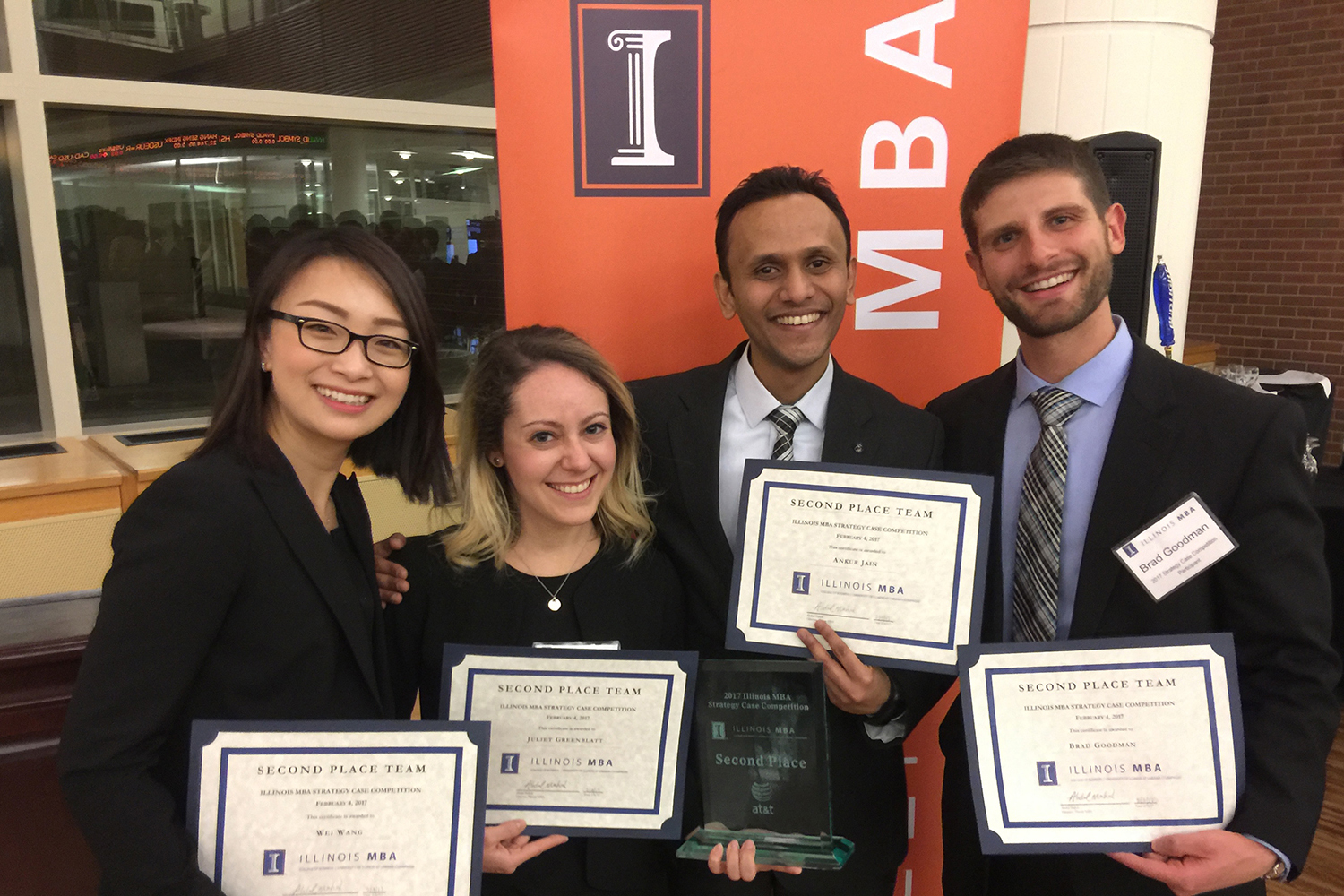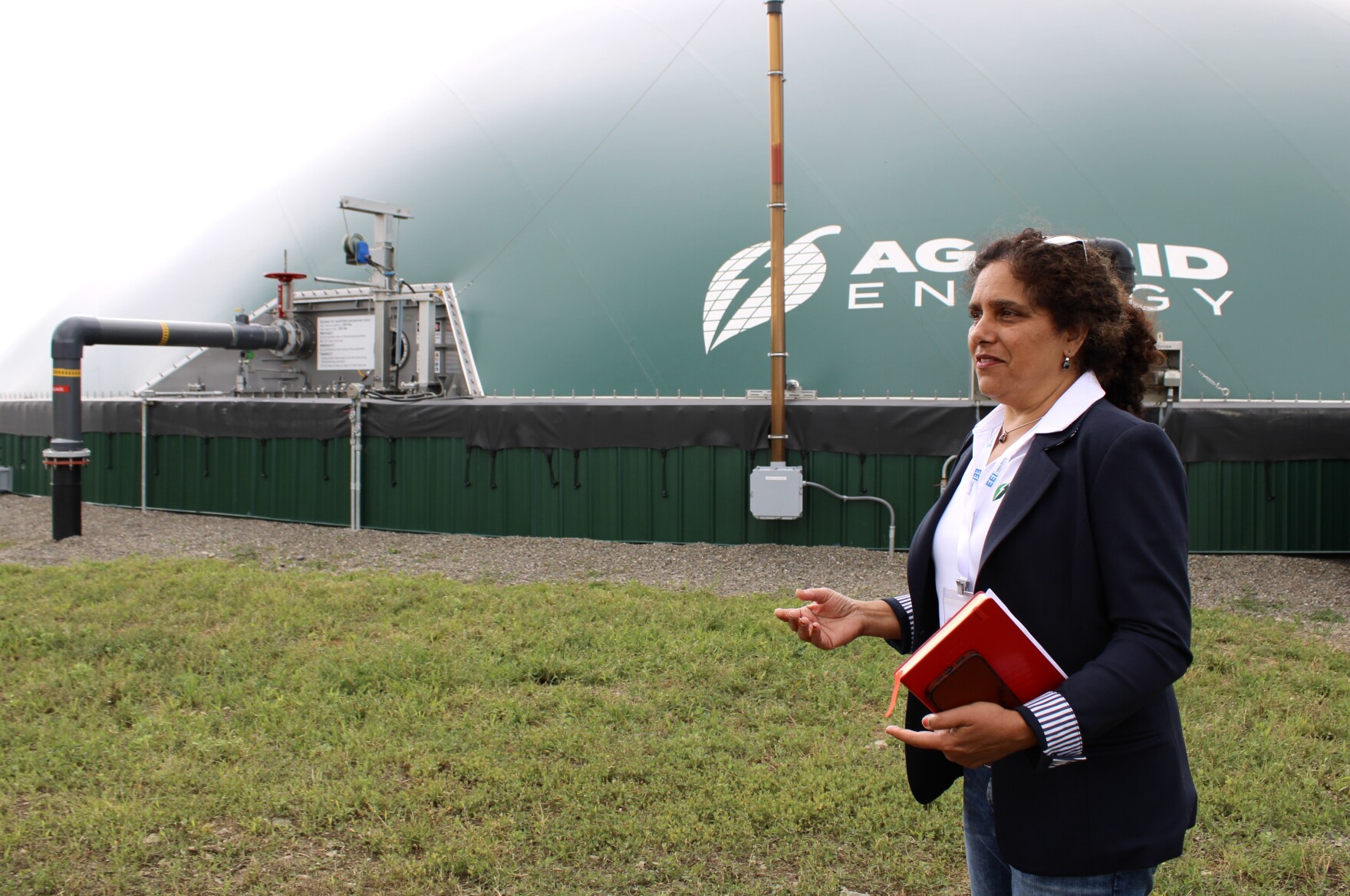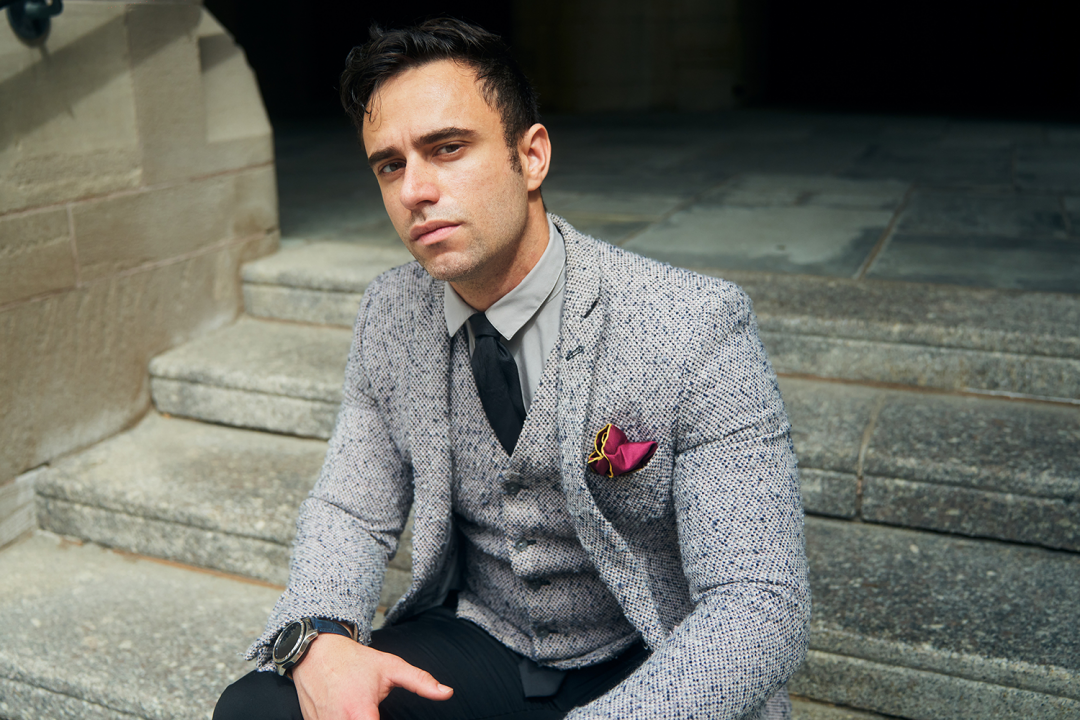Analytical Skills, Personal Warmth Help UConn MBA Team Finish Prominently in National Case Competition
For Brad Goodman ’17, a second-year student in the full-time MBA program, the recent victory in a prominent case competition was more than just exciting; it was a dress rehearsal for his career.
“This experience was a 24-hour snapshot of what most days in my future job will be like,” said Goodman, who will join Gartner, Inc. in June as an IT consultant. “Every facet of this competition will directly translate to my future role: the market research, the creative brainstorming, the long hours, the team dynamic, the client interaction, and the financial analysis.”
“Case competitions are the perfect method for me to bridge the gap between what I learn in the classroom and what I must be able to accomplish when I enter the corporate world,” he said, following the team’s second-place victory in the competitive University of Illinois Strategy Case Competition on Feb. 4.
The four-member MBA team also included Juliet Greenblatt ’18, Ankur Jain ’18 and Wei Wang ’17. Wang also won “Best Q&A,” an individual award in the overall competition, placing first among 48 presenters.
The case challenge centered around the future of tech giant Apple Inc. and whether the company should invest money in improvements to its existing products, such as Apple Watches or AppleTV, or expand into a completely new field, for instance developing an Apple Car.
“Our team decided to break the mold and suggest ‘none of the above,'” Greenblatt said. “We recommended a fourth option, and were the only team out of the 12 competitors to do so.”
The competition drew top universities including Baylor; Iowa State; Louisiana State; Ohio State; Purdue; SUNY Buffalo; Texas Christian University; University of Arizona; University of Minnesota and University of Missouri. The host college, University of Illinois at Urbana Champaign, won first place.
“The competition at these national case challenges is, of course, intense,” Greenblatt continued. “But any good team worries about their own strategy and execution, not about what their competition is up to.
“Our team is very diverse in background and expertise, which helped us in splitting work and understanding different components of our execution plan, as well as in fielding questions from judges,” she said. “It took us a while to come to a consensus about our strategy and plan of action, but once we all got on the same page we were in lock-step.”
“We were able to present a cohesive, united recommendation, supported by strategy and financial data, with an emotional appeal,” she said. “One of our greatest strengths was our ability to field questions from the judges during the presentation with poise and tact, without losing momentum or getting flustered.”
Management professor David Souder, the team’s adviser, said participation in case competitions are crucial for professional development.
“Case competitions bring out the best in our students by focusing their attention in an environment where they know their work has to be even better than the work produced by other smart students from other schools,” Souder said. “We run internal case competitions to help train our students as critical thinkers and presenters, and then the adrenaline really comes out when a select team travels to compete against other top MBA programs. Students always return from case competitions with renewed energy from an intense and exhilarating experience.”
“The four students on this year’s team complemented each other nicely, with a good blend of analytical skills and personal warmth. In their pre-competition preparation, they sought out and listened carefully to advice and feedback from faculty, staff, and former participants,” he said. “Now we expect them to share their insights to help prepare future UConn case teams.”



